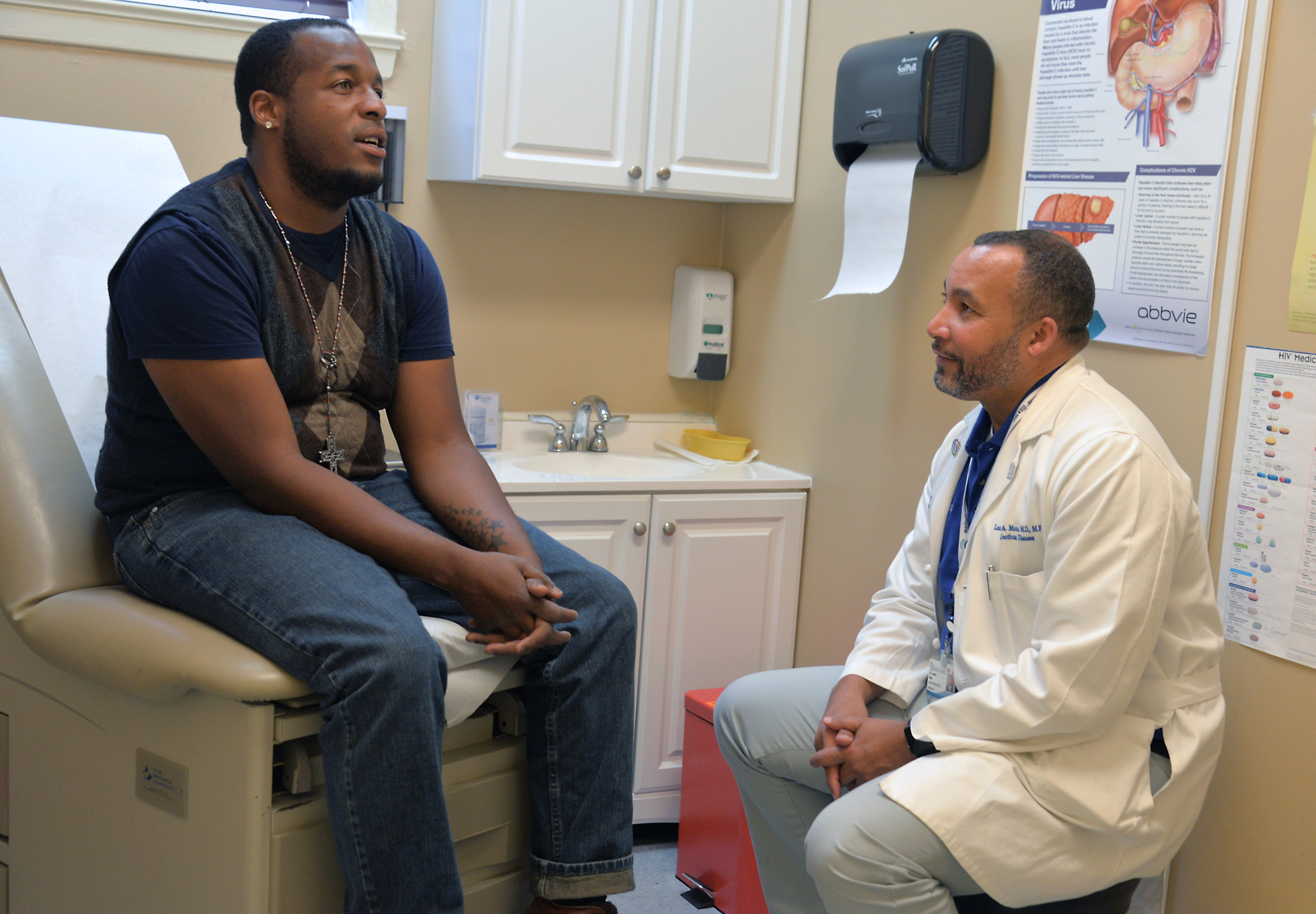
#AskTheHIVDoc series available in English, Spanish
UMMC News
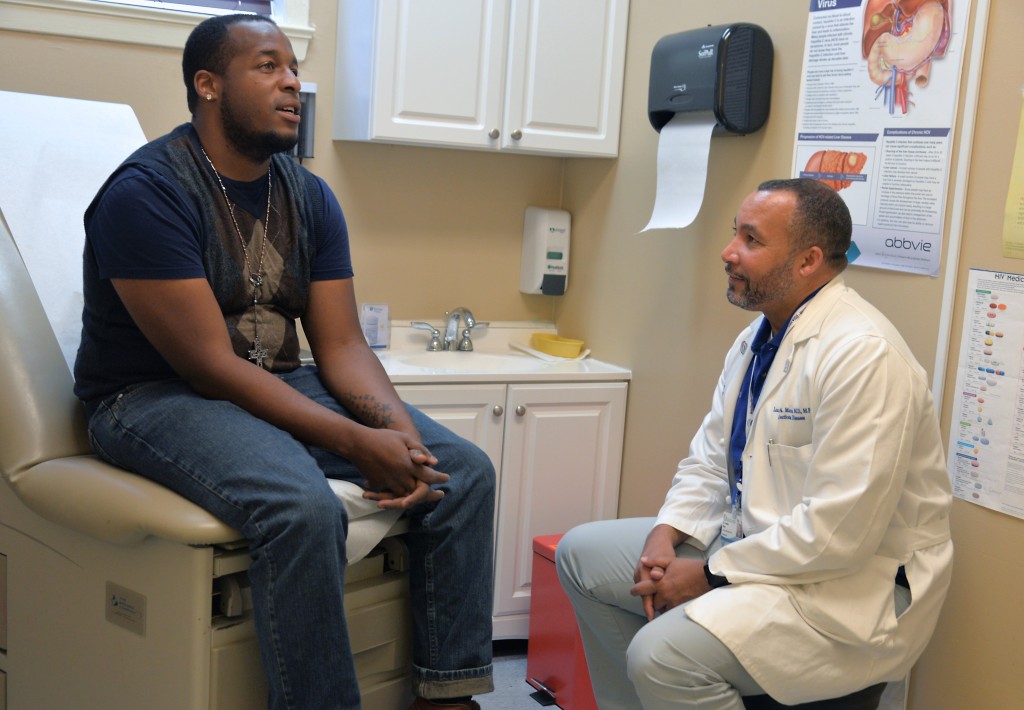
Dr. Leandro Mena considers himself a shy person. He doesn’t do Facebook and he barely tweets.
But his international reputation as an expert in the field of sexually transmitted infections has placed him in a sweeping social media spotlight.
He’s one of three “smart and sexy docs” answering questions on an array of topics in #AskTheHIVDoc, a YouTube-based series of short-form, question-and-answer videos in English and Spanish produced through the initiative Greater Than AIDS.
Mena, a native of the Dominican Republic and associate professor of infectious diseases at the University of Mississippi Medical Center, and HIV/AIDS experts Dr. David Malebranche and Dr. Demetre Daskalakis give frank and information-packed answers to questions about sexually transmitted diseases – questions that many men who have sex with men (MSM) might never feel comfortable asking their own providers.
“We do it in a straightforward, simple way,” said Mena, who joined the duo of Malebranche and Daskalakis in December 2015 and can be seen in the second season of #AskTheHIVDoc that debuted June 1 on YouTube. There are 23 English videos and an additional 11 narrated by Mena in Spanish. The nonprofit Kaiser Family Foundation created the branded campaign Greater Than Aids; #AskTheHIVDoc is a part of that brand.
“We just fell in love with him,” said Tina Hoff, the Kaiser Family Foundation’s senior vice president and director of health communications and media partnerships. “He’s not only incredibly knowledgeable and skilled as a clinician, but he’s a warm person who feels so deeply passionate about what he’s doing. He connects with his patients. He’s everything we were looking for.”
The trio takes on topics that include “Can I Get HIV if My Partner is Undetectable?” “Herbal Treatments?” “Can I Still Have Sex?” and “How Can I Find Help?” At the beginning of the season two videos, a smiling Mena tells viewers: “We’re going to give you what you need.”
The tone of the videos is sometimes playful and always engaging, but the underlying messages are tough in a society that’s experiencing an HIV/AIDS epidemic. In the United States, Mena says, one out of every two black MSM will become HIV positive in their lifetime. Among Latino men, that’s one out of four.
And, a recent Emory University study shows four of 10 MSM in Jackson have HIV – the highest rate in the nation. “That right there tells you that there’s a need for this information,” said Harry Hawkins, field organizer for the Jackson office of the Human Rights Campaign, a civil rights organization dedicated to achieving LGBT equality.
“There’s an urgency to act and do something to change what might seem inevitable for a significant portion of the population,” Mena said.
Using social media as the platform for the videos “gets the message across in a very effective way for the times we live in,” Hawkins said. “A lot of people who are infected are between the ages of 15 and 24.” The first season of #AskTheHIVDoc received 731,141 views on YouTube and another 405,302 on other social and digital platforms, Kaiser Family Foundation statistics show.
The #AskTheHIVDoc messages empower not just MSM, but the caregivers whose lack of expertise in HIV and AIDS treatment leaves them struggling to answer their patients’ questions and manage their overall health.
“We’re in a health-care system where many clinicians don’t regularly ask their patients about their sexual behavior,” Mena said. “They’re uncomfortable about having a conversation about sex and uncomfortable about discussing behaviors to decrease their risk.”
But at the same time, Mena said, clinicians like himself are trying to improve access to health care, especially to those most vulnerable to sexually transmitted infections.
The videos encourage discussions that can never be too basic – for example, the difference between AIDS and HIV, or how people become infected when they have sex. “We talk about how often you should be tested for HIV, and what tests gay or bisexual men should have when they go to the doctor, and when they should start treatment,” Mena said. “We talk about how safe certain practices are.
“In clinic, I start by talking very frankly with my patients, and breaking things down into the language that makes them comfortable. If you do that, you have a better chance to address their health needs,” Mena said.
The three doctors also talk about PrEP, short for pre-exposure prophylaxis, a medication that works to keep the HIV virus from establishing a permanent infection. A pill that’s taken once daily, PrEP targets those with an ongoing, substantial risk of HIV infection and, when taken consistently, can reduce risk of HIV in people who are at high risk by 92 percent, the Centers for Disease Control and Prevention says.
“I’ve talked to folks in my job and outside of my job that have been to doctors in this area who just don’t know anything about PrEP,” Hawkins said. “There’s a need for education when you have a patient coming to you who says I’m a sexually active gay male, and I want to get on this to protect myself.”
Brandon Brazzle of Jackson, one of Mena’s patients, agrees.
“People think you have HIV, rather than these drugs trying to prevent it,” said Brazzle, 27, who is taking Truvada, the brand name of the drug that gained federal approval in the United States. “I had to explain to my family members that I wasn’t HIV positive.”
He regularly talks to friends about PrEP because it can help them with their sexual health. “It’s kind of hard sometimes to take it up with your doctor, because they might not be used to seeing that kind of patient,” Brazzle said.
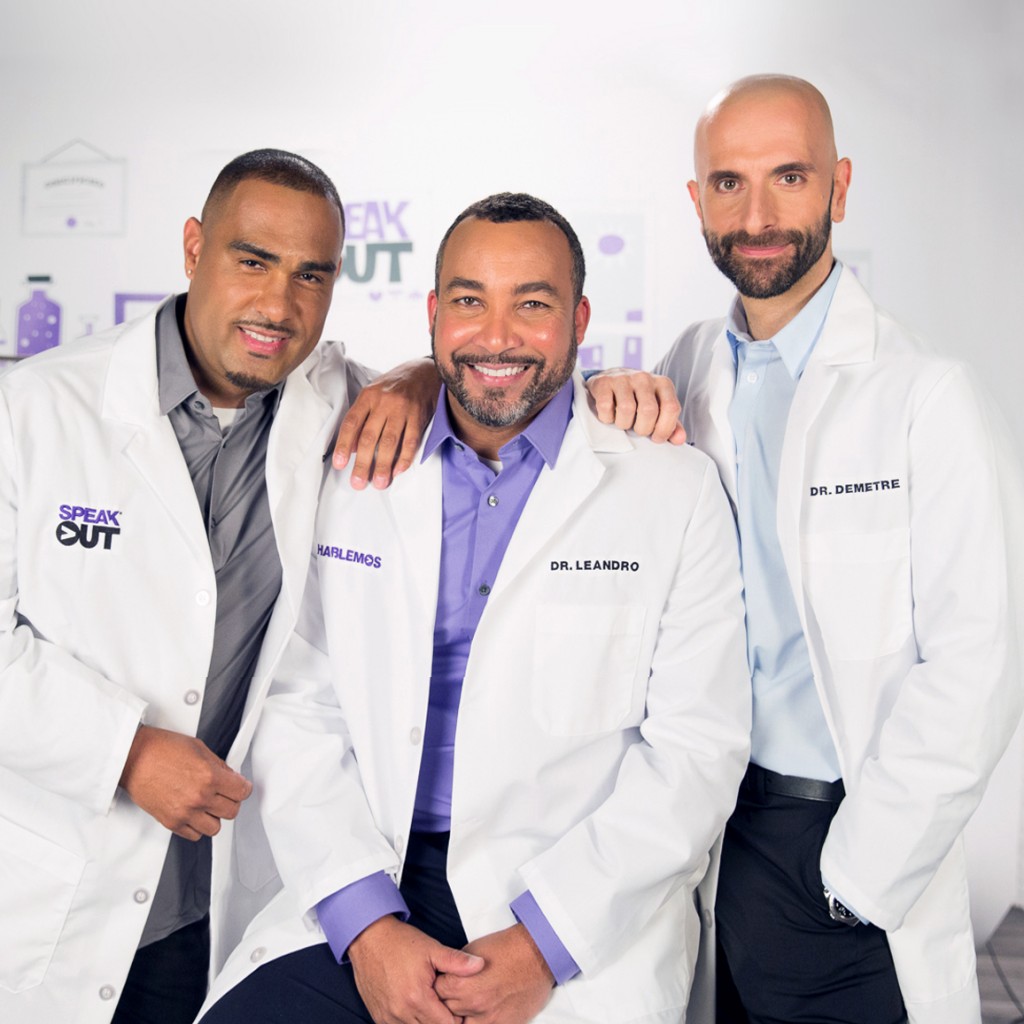

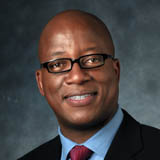
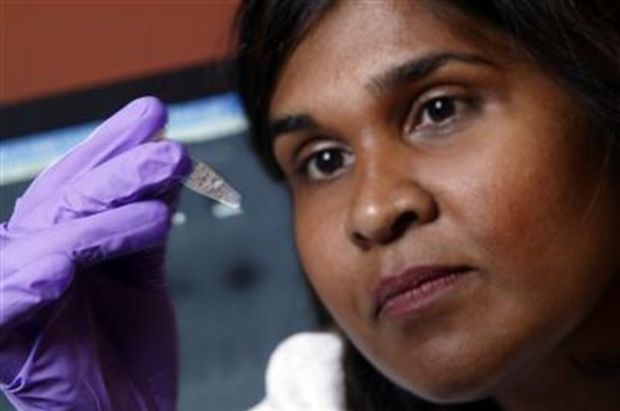
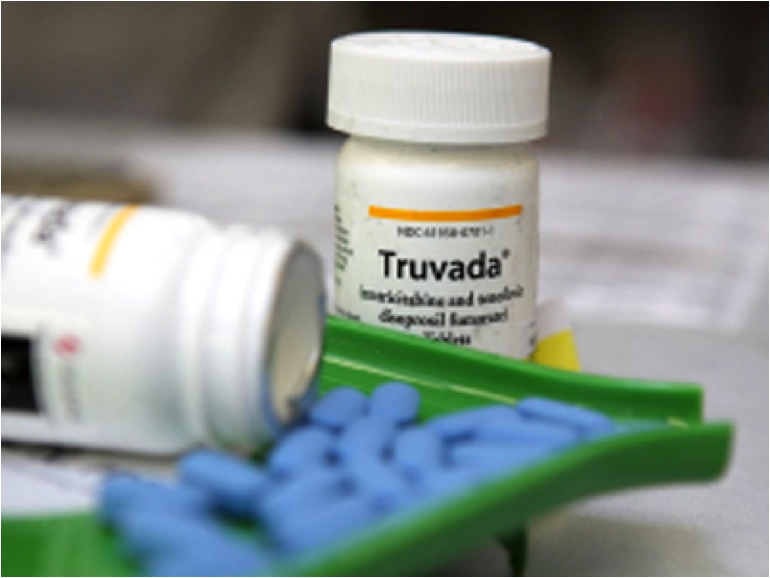
Be the first to comment